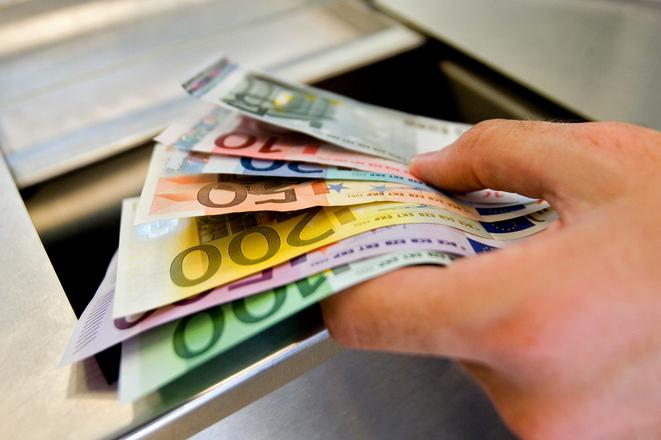Until recently, our country has shown little interest in taxing successful, extensively travelling sportsmen, artists or businessmen who do not have their permanent residence formally registered in Slovakia. Our country is the last EU member state with a formal approach to tax residence of individuals.
An extensive amendment to the Income Tax Act which passed its first reading in the parliament two weeks ago builds on several years of international efforts to improve tax fairness (projects BEPS, MLI, ATAD). The law will introduce detailed rules with “the aim to strengthen the level of protection against aggressive tax planning and profit shifting outside Slovakia” (quotation from the explanatory report). In total, the amendment contains over a hundred points and the very first one deals with the international aspect of tax residence of individuals (summary of the other points can be found at the end of the article).
The currently valid rules require an individual to tax his worldwide income in Slovakia only if he has formally registered permanent residence or if he spends more than 183 days during the calendar year in the country. In other Slovakia has shown little interest in collecting taxes from extensively travelling Slovak sportsmen, artists or businessmen who spent less than 183 days here (hereafter “globetrotters”). Not even if they regularly spent time here, lived here with their families and their children attended Slovak schools or otherwise used the country´s infrastructure (the quality of which can be questioned, of course). Unlike other citizens, they were not forced to co-finance it. And since not even the most honest ones among us are eager to pay taxes voluntarily, quite a few successful individuals used this legal way to optimize their tax payments.


 Illustrative stock photo (source: SME)
Illustrative stock photo (source: SME)